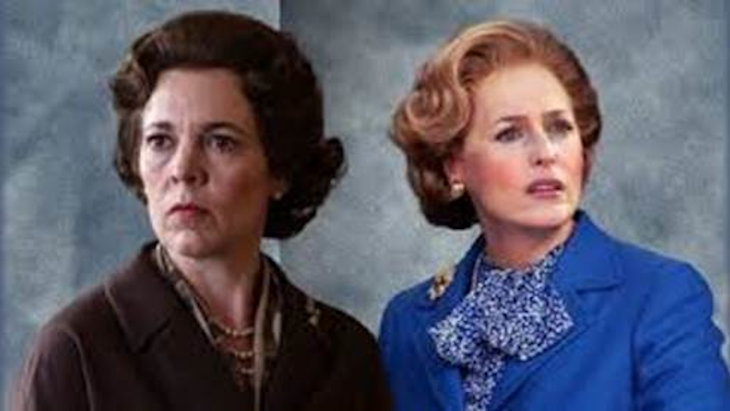 Vampire Weekend's Surprising Jewish Stories
Vampire Weekend's Surprising Jewish Stories


4 min read
3 min read
4 min read
3 min read
The hit show deepened my appreciation of Judaism's sensitivity in how to treat guests.
Fans of The Crown may be shocked by some of the behaviors in Season 4 – no I don’t mean Diana’s struggles with an eating disorder or Charles’ unattractive, bullying treatment of her. These issues have been tabloid headlines for years and, although painful and tragic, little is new.
What is appalling is the supposed behavior of the royal family towards their guests. (Keep in mind, we cannot take the show's depiction as fact, but we can still take the opportunity to learn from it.)
When Diana is first introduced to the family, she is publicly humiliated for her failure to understand whom to curtsey to, the proper order of said curtsies and the correct way to address the various family members. Certainly not a strategy that makes anyone feel welcome, let alone a future daughter-in-law. But according the show (so we should not fully accept its veracity), it didn’t stop with Diana.
When Margaret Thatcher and her husband came to visit, they were exposed to similar public embarrassment. It’s almost as if the Queen and her entourage deliberately misinformed them of palace protocol so that they would show up dressed very formally for dinner at a time when the family was still in their casual hunting attire.
That kind of cavalier, even cruel, attitude towards guests in your home runs contrary to everything I have learned about hospitality in the Torah. From our father Abraham interrupting his conversation with the Almighty to take care of weary travelers, to the oft-told story of the host who, after witnessing his guest spill wine all over the tablecloth, “innocently” knocks over his own glass to remove the humiliation from his guest. Our job as hosts is to be sensitive to our guests needs (and I haven’t even mentioned steering clear from the more grave prohibition of embarrassing someone in public!).
If we look deeper into the Jewish way of hospitality, we find a whole list of rules whose sole goal is to encourage sensitivity towards all the needs of our guests and thereby maximize their experience. From making their favorite foods to not forcing them to eat it(!), from giving them extra comfortable accommodations to filling their room with extra toiletries, to listening to their stories and even to not contradicting them (perhaps a particular challenge in today’s fraught society), the Torah is replete with instructions on how to treat our guests, how to make their experience pleasant and joyful, how to tailor it their unique needs and requirements.
I am grateful to have been reared on a steady diet of these strictures, to have listened to many variations on these stories, and to have the sensitivity to the guests and the holiness of the mitzvah emphasized and reinforced through classes and daily prayer.
Whether The Crown is an accurate depiction of the royal family or not (and according to many it is clearly not accurate), I'm grateful for the reminder of Judaism's sensitivity in how to treat guests.
